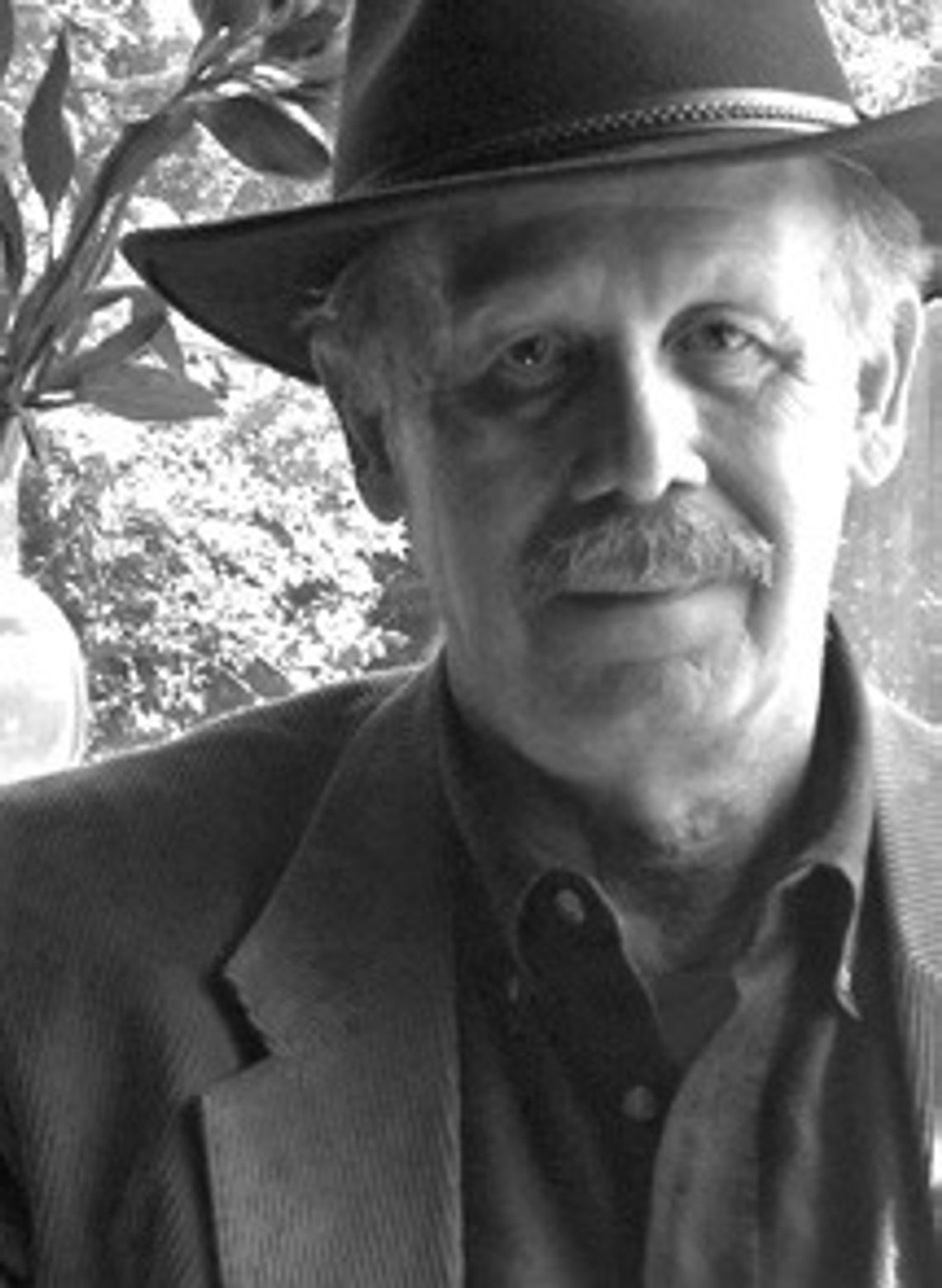On Nov. 24, 1923, a Fort Worth jury came back with a verdict in the federal fraud trial of disgraced explorer, Dr. Frederick Albert Cook.
A decade and a half earlier, scientists and the public alike were forced to choose between the competing claims of Dr. Cook, who insisted he was the first to reach the North Pole in April 1908, and Robert Edwin Peary, who claimed he pulled off the polar feat a year later almost to the day.
Peary eventually won the credibility battle, due in part to the greater influence of his supporters, and his rival was condemned as a charlatan. Cook also was denied the distinction of conquering Mount McKinley, an honor which had gone unchallenged since 1906 when he supposedly scaled the highest mountain in North America.
Financially and emotionally exhausted by his eight-year crusade for vindication, Cook was ready for a rewarding change of pace. Capitalizing on his name, which still commanded respect in many sympathetic quarters, and a basic grasp of geology, he went hunting for oil in Wyoming.
Like most black-gold prospectors, Cook ended up in Texas, where in partnership with a score of Fort Worth businessmen he formed in 1922 the Petroleum Producers Association. The PPA caused quite a stir by offering the stockholders of defunct exploration companies an even swap for their worthless shares in return for a modest cash investment.
A close friend of Peary, who had gone to his grave in 1920, promptly accused Dr. Cook of cheating gullible investors. The PPA, he charged, was nothing more than a giant pyramid scheme.
Three weeks after the sensational allegation, Cook’s estranged wife, with two cops in tow, caught him with another woman in a Cowtown hotel room. The police arrested him for possession of illegal liquor, and Marie Cook filed for divorce.
Cook and 19 associates were indicted in April 1923 on federal charges of mail fraud in connection with their purported swindle. At the heart of the government’s case was the rule that required investors to pay cash for shares in the PPA before the company would take their old stock off their hands.
Practically all of his co-defendants pled guilty in exchange for slap-on-the-wrist fines, but Cook demanded his day in court. The presiding judge reacted to the unpopularity of the case by recruiting a jurist from Ohio to replace him on the bench.
Cook took the stand during the five-week trial to proclaim his innocence. “I had only altruistic aims in my ventures,” he testified. “I wouldn’t deliberately swindle even a swindler.”
But the jury did not buy it and found him guilty as charged.
After Cook declined to comment on the conviction, the judge snarled sarcastically, “So, you can say nothing. You have come to the point where your peculiar and persuasive hypnotic personality fails you.”
The magistrate finished his blistering tirade with, “Cook, this deal of yours is so damnably rotten that it seems to me your attorneys must have been forced to hold their handkerchiefs to their noses to have represented you. It stinks to high heaven. You should not be allowed to run at large.”
Ignoring a recommendation of leniency from the prosecutor, the judge threw the book at the dazed doctor: 14 years and nine months in the federal penitentiary and $24,000 in fines and court costs.
“If Dr. Cook did not discover the North Pole, he discovered the way to wealth in Texas. But it led to the prisoner door,” lectured the New York Times. “It was characteristic of the man that as a promoter of wildcat oil companies he boasted he had reached the Pole. The fiction was his certificate of integrity.”
Cook’s ex-wife, who had delivered home-cooked meals to his cell throughout the trial, raised thousands of dollars for his appeal. The judge not only denied bail during the long, drawn-out process but also refused to credit him with the 16 months spent in the Tarrant County jail waiting for the higher court to make up its mind.
Cook lost his appeal and on Apr. 6, 1925, the sixteenth anniversary of Peary’s discovery of the North Pole, arrived at Leavenworth. After a period of despondency and poor health, during which the warden doubted his chances of survival, he adjusted to incarceration and devoted his talents to improving the lot of his fellow inmates.
Cook was released on parole after serving a month shy of five years. He spent the rest of his life tilting at the windmill of public opinion in a fruitless attempt to clear his name and to rewrite the history books.
In 1940 friends did succeed in obtaining a presidential pardon for his fraud conviction. Recognizing the signature of Franklin D. Roosevelt, Cook exclaimed from his deathbed, “Great, happy day! Pardon!”
“Murder Most Texan” is a must read for fans of true crime and Texas history. Order your copy for $24.00 by mailing a check to Bartee Haile, P.O. Box 130011, Spring, TX 77393.
Texas courtroom scene of historic trial
On Nov. 24, 1923, a Fort Worth jury came back with a verdict in the federal fraud trial of disgraced explorer, Dr.
- 11/21/2023 10:00 PM











